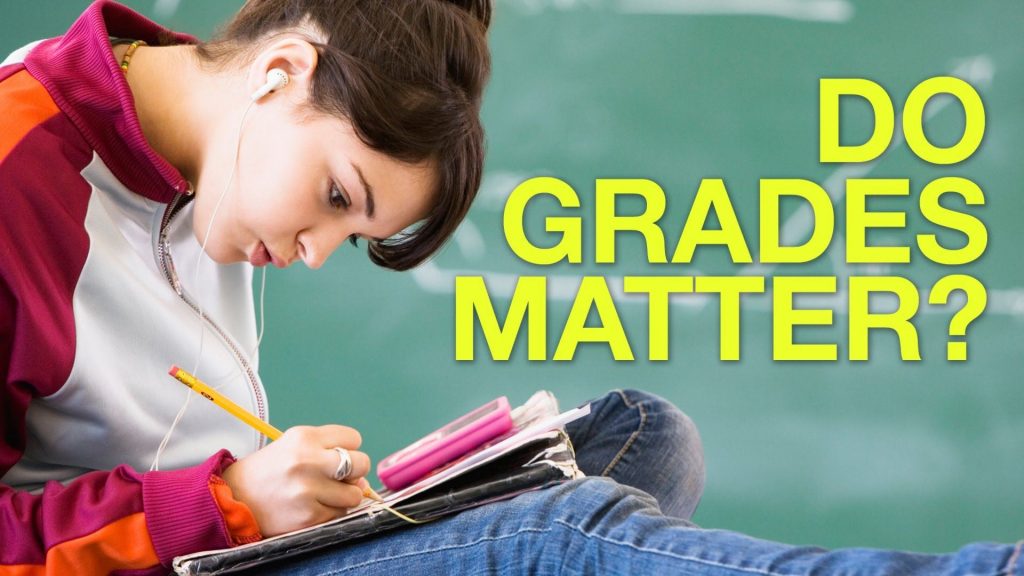Will This Count for a Grade?

Grading is different for grades 6 – 8 at Lakewood.
Seventh and eighth graders are familiar with MYP assessment practices, having experienced them during the last school year. These changes will be new for upcoming sixth graders and their families. Lakewood’s full assessment policy is described in a document accessible on the school’s website and a link here for those who want all the details. The posts on this MYP Assessment blog page will provide additional guidance on what to expect and why these changes matter – addressing one difference at a time. To make sure you catch every new post, consider sharing your email in the sidebar to receive notifications.
Clarifying Assessments and Grades
When students ask if something will be graded, they want to know if it will be reported in the gradebook (Synergy) and if it will be averaged into their final grade. Our answer to that question is not simple for a couple reasons:
- Nothing is ever averaged with MYP grading. If you see a percentage score reported for your child in Synergy, ignore it.
- Not everything recorded in Synergy contributes to a final grade. In fact, of the ten reporting categories a teacher can use in Synergy, only four (Summative Assessments A, B, C, and D) are used to compute a final grade.
- The ten reporting categories in Synergy communicate three types of information to families: 1. A student’s mastery of subject knowledge, skills and understandings, reported as Summative Assessments 2. How students are progressing as they practice or are learning new content, reported in Formative Assessments or Other 3. Which learning-to-learn skills are contributing to or impeding student progress, reported in ATLs (see ATL chart link in the post Learning to Learn.)
Formative assessments give teachers and students a chance to discover how well learning of unit content is occurring and where additional assistance may be needed. These assessments are used as tools for learning and are not used to determine a final grade. Still, they can be used to predict how a student may do on a summative assessment. Every lesson contains a formative assessment we call a performance of understanding. This assessment lets students know if they’ve “got it”, if they understand the intended target for that lesson. If they do not, a teacher can provide additional support before the end of class. The goal is that no student leaves class unable to competently practice that day’s learning independently. NOTE: Learning targets and performances of understanding are used in grades 3 – 8 at Lakewood.
Summative assessments are evaluative and designed to provide evidence of student progress using MYP criteria rubrics and are the basis for determining final grades. Students’ current levels of achievement related to these specific targeted objectives reflect their abilities to use the knowledge, understandings and skills they were taught which encompass facts, concepts, procedures and metacognition (self-awareness and self-management).
So what is the answer to this post’s question, a question teachers are frequently asked?
Students must understand that the purpose of assignments is not to earn a specific grade. The purpose is to learn. Everything they do, in class, at home, in their spare time, has the potential to contribute to their learning and even more importantly to the kind of learner they can potentially be. Failing to complete homework or classwork may impede learning. Often these tasks are used again in class. When they are incomplete or missing, a student can miss an additional opportunity to solidify their understanding. We try our best to provide purposeful homework tasks designed to help students make progress in a current unit while strengthening their learning muscles. Strengthening those muscles will prepare them to overcome new challenges, to learn new things more easily and in the long-run to earn better grades.
Do grades matter? In some ways they still do, but only if they are a true representation of what a student understands and is able to do. We live in a time when you can find answers to most questions on a phone from your own pocket. Understanding that information and being able to do something with it matters far more. Every learner faces challenges and struggles at some point. Learning how to get past those difficulties will help students now and in the future. Eventually, no one will ask about grades earned in school. Instead, as adults, our children will be judged based on the understandings they possess and their ability to learn new things effectively and quickly.
Transitioning to a new system of assessment will be difficult for students. We will work hard to make this change as smooth as possible. Parents can help by limiting references to grades and focusing instead on what students are learning and how they are progressing – as measured on the MYP Criteria Rubrics – a topic for a later post. The icon below provides a preview of one MYP rubric. Click to open.
